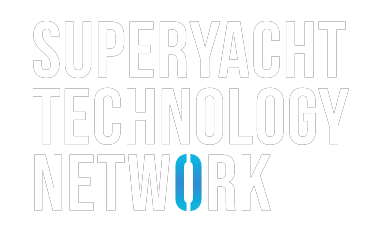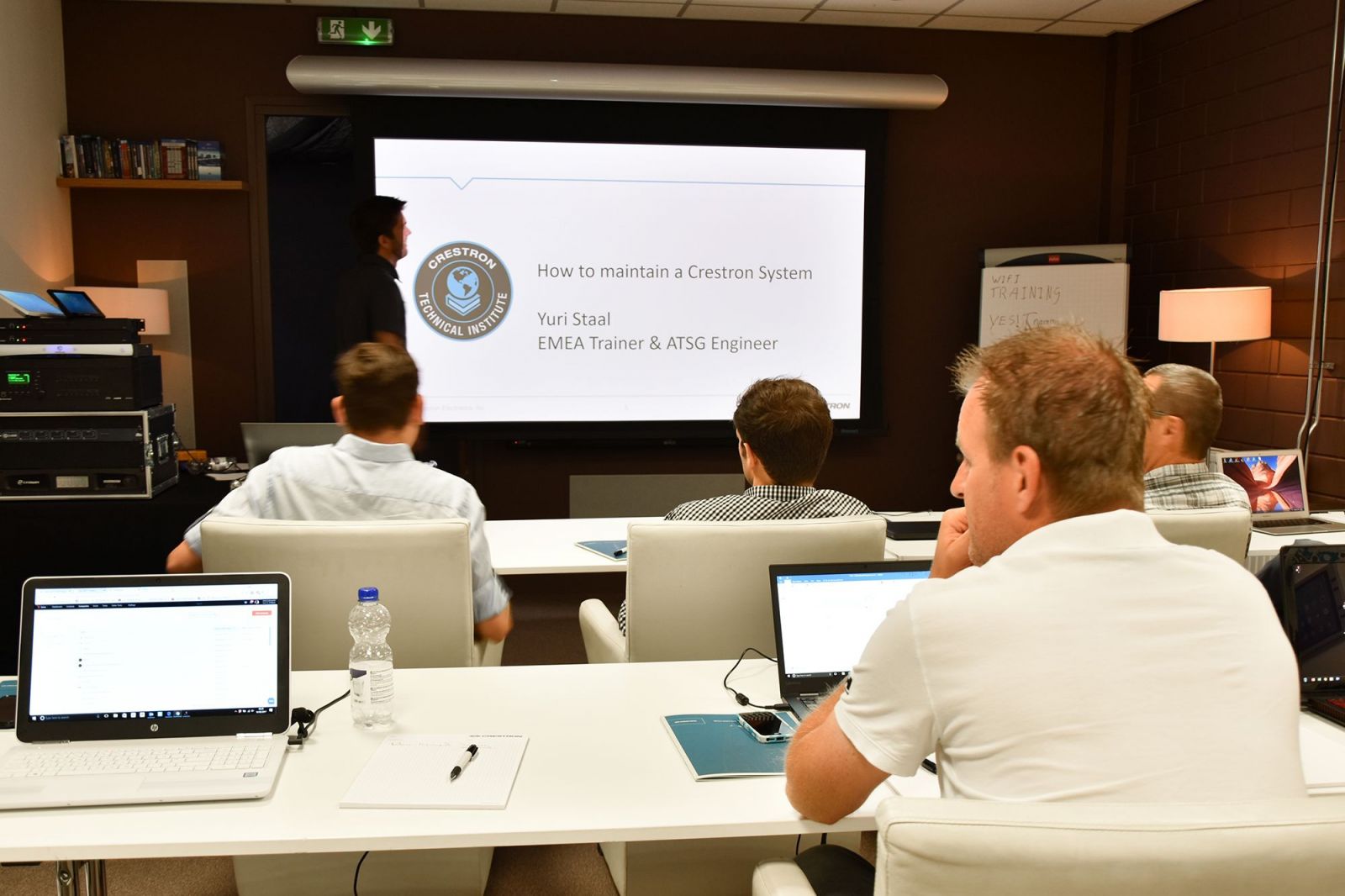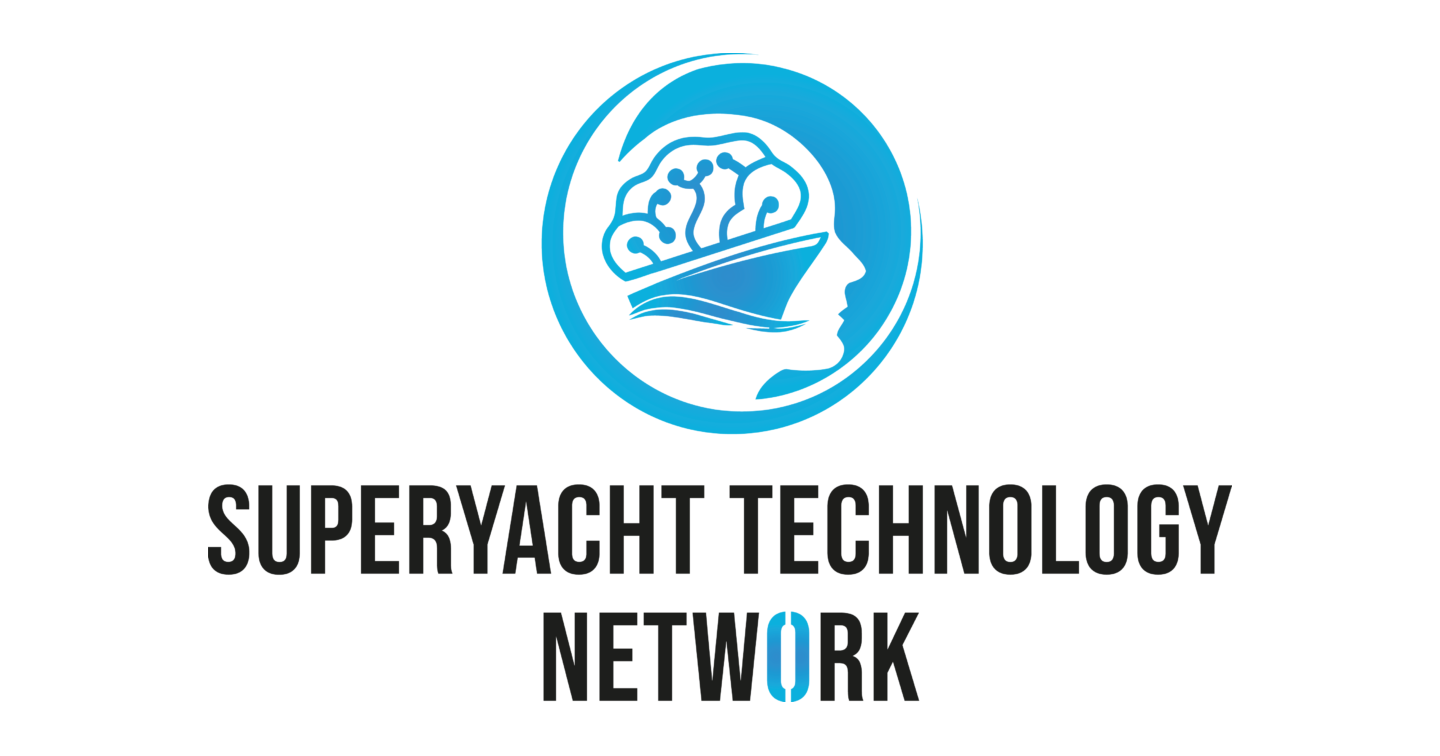Every ETO and/or AVIT Officer will know the pain of managing the multiple stakeholders involved in an AV/IT/Comms project (whether it be refit or new build), and the significant challenges this brings. Everything from miscommunication, incorrect assumptions, varying documentation formats, incorrect cable labelling and in the end; finger-pointing and blame. Even worse, the owner doesn’t get what they asked for – a system that is exactly what they wanted at a price they agreed.
When you break all these challenges down, fundamentally they arise from differing priorities between the different parties involved. An ETO or AVIT Officer wants a reliable, functioning system that provides the best possible user experience, ensuring the satisfaction of the owner and their guests. Contrast this with the objectives of the other stakeholders such as integrators or manufacturers on a project. They are primarily profit-focused, which can often conflict with an ETO or AVIT Officer’s own user-focused objective, and therefore instead of helping, these other stakeholders may actually hinder them.
One solution to mitigate many of these challenges is to bring in a specialist technology consultant to support them with the design and procurement of the system required. These projects are often the most successful in achieving an ETO or AVIT Officer’s aims, as the consultant becomes the technical lead for the works, documentation and aftercare. This provides that much needed consistency and a centralised point of contact for troubleshooting, with a full audit trail logging and recording of all project decisions. The consultant will create a clear division of responsibilities ensuring all stakeholders know what is expected of them; implement a singular documentation format minimising the risk of errors; only signing off work if it meets defined standards ensuring the integrator is held accountable for their work. A consultant is therefore not a threat or hindrance, but a medium to enhance the technology system delivered to the owner. One of the significant benefits to this approach is to provide an ETO or AVIT Officer with a full team of experts who can research and assess not only the actual products being proposed, but also their feasibility. They gain a full support network when they have a consultant working alongside them. The ETO, AVIT Officer and consultant all have the same user-focused objectives to realise the most value, ensuring the system has been designed to meet the exact needs of the owner in terms of user experience, functionality and cost.
The benefits of working with a consultant seem clear and obvious, however, be warned there are two types of consultant – the independent consultant and the consultant with 3rd party affiliations/influences. Only an independent consultant is able to realise the most value for you.
Why is the type of consultant significant? How does this impact an ETO or AVIT Officer?
An independent consultant has no external influences or affiliations affecting their decision making. It grants them access to more detailed technical information and future new product releases from the wider market, as their impartiality isn’t an intellectual property (IP) risk to manufacturers. An independent consultant’s only objective is satisfying the needs of the owner. They are the only stakeholder outside of the owner’s direct circle that an ETO or AVIT Officer can trust to act on their best interests, as both parties have the same user-focused objective. In comparison, a consultant who is affiliated or incentivised by an integrator or manufacturer may actually make the job of an ETO or AVIT Officer more difficult. Consultants with 3rd party affiliations cannot be completely objective and unbiased in their decision making. The product choices made by an independent consultant are guaranteed to be impartial, ensuring an honest appraisal is presented to the owner. Impartial product choices will build the optimum IT ecosystem. They are selected based on the best fit as opposed to the best profit, allowing for technology updates/upgrades/new trends to be easily added (futureproofing).
Now consider if a consultant is financially incentivised by a manufacturer or integrator, what product choice are they likely to push? Will they be concerned that a product isn’t the best fit for the entire IT ecosystem? A consultant with 3rd party affiliations becomes product-profit focused. In comparison, an independent consultant’s only income is derived from the owner – if they don’t meet the owner’s exact needs, they don’t get paid.
Furthermore, without any bias towards other parties during the build, the independent consultant ensures all work is completed to the same consistent quality standard with no favours or flexibility given. Put simply, if the benchmark is not met, an independent consultant will not sign the work off. For an ETO or AVIT Officer, this consistency and uncompromising approach means fewer issues and conflicts for them to deal with at the end of a project when time is tight and stress levels are rising.
To read the full article and many more in Superyacht Technology Blueprint click here.






